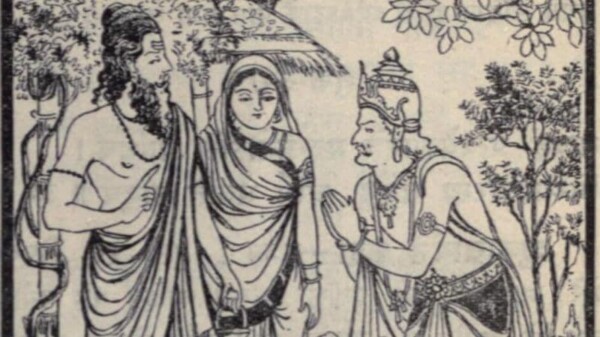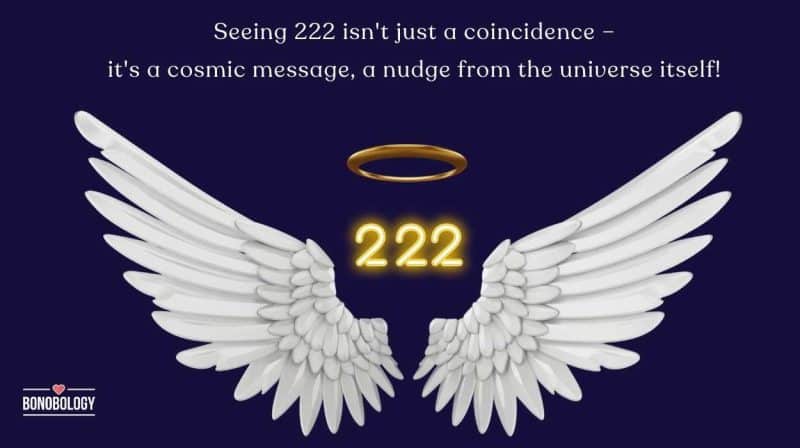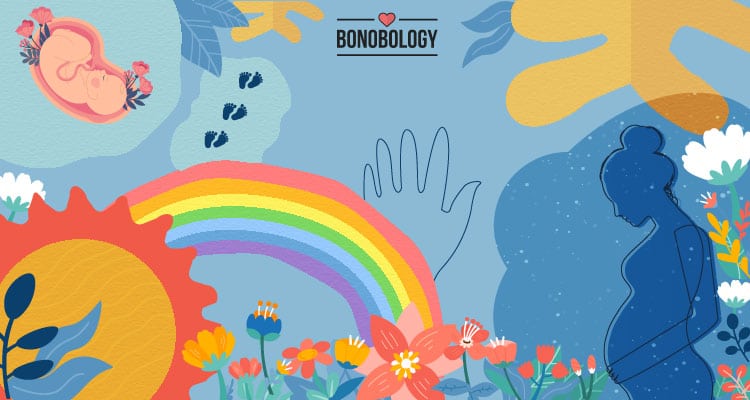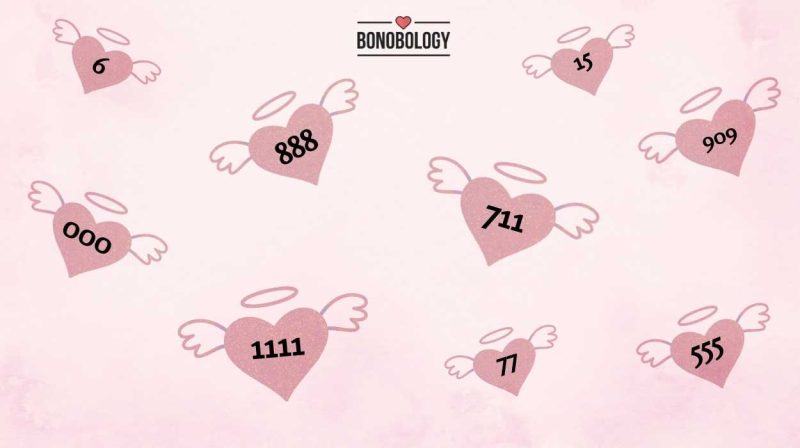“I see your youthful exuberance and raise you my old man demeanour. Care to switch?” – a modern-day Yayati would have said to his dear son, Puru. A son so dear that he freed his father from his salad days! To give you more context, here is the short story of Yayati.
Related Reading: Tara And Chandradev: If A Dissatisfied Partner Has An Affair, Who Is To Be Blamed?
The Short Story of Yayati and His Penchant for Sensual Pleasures
Table of Contents
Yayati was a powerful king of the Kuru dynasty and lived a full life with riches, wives and excellent sons. However, his happiness and sensual pleasures were snatched away from him in a flash.
The curse of Shukracharya made him lose his youth and turned him into a decrepit old man. Yayati, who was driven by an insatiable thirst for carnal pleasures, was crestfallen at this turn of events. He’d have given anything to regain his youth, and he did.
Why did Yayati become prematurely old?
While the hedonistic king had been ambling cheerfully through life that he enjoyed so very much, he truly forgot that “Hell hath no fury as a woman scorned”.
The king had two wives – Sharmishtha and Devyani. Sharmishtha enjoyed her husband’s love, attention and adulations. However, Yayati and Devyani shared a relationship that was far from perfect. Naturally, this evoked feelings of jealousy in Devyani. In a fit of fury, the heartbroken woman expressed her concerns to her father, Shukracharya, who was the guru of the Asuras.
The curse of Sukracharya had a rider
The curse of Shukracharya left Yayati in dismay. Shukracharya did, however, offer him a way to break free from his bane – all he had to do was convince someone to exchange their youth with his old-age.
The king was intent on making this loophole work in his favour somehow. After all, there was no way he could give up on so many good years without a fight.
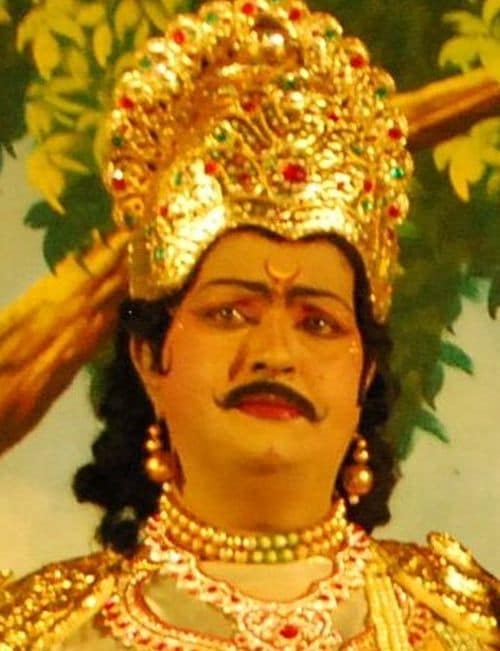
Why did Yayati call his sons?
Looking for a way to break the jinx, Yayati called upon his two sons – Puru, born to Sarmishta, and Yadu, born to Devayani. Since Puru was the apple of his eye, Yayati first asked Yadu to sacrifice his youth. However, bitter from the injustice meted out him and his mother, Yadu refused to exchange his youth with his father’s old age.
Come to think of it, this is quite an irony. Yayati being a father and a king had already seen his best, youthful days. It’s not something that he had lost out on. However, his greed and lustful desires drove him to consider stealing his own son’s youth – one that Yayati’s son had probably just begun to experience.
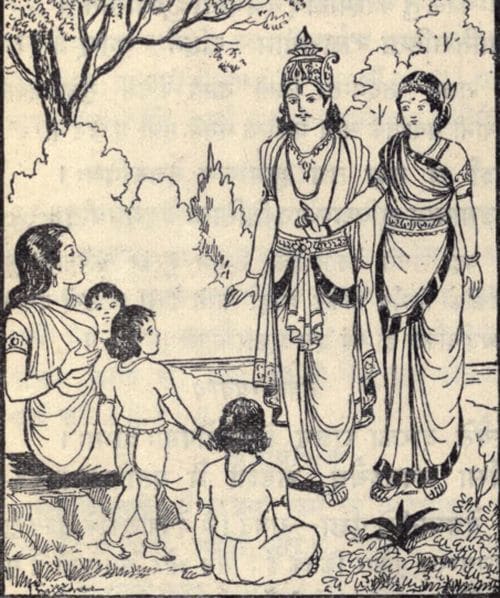
The short story of Yayati comes a full circle
With newfound youth, Yayati once again began indulging in sensual pleasures to the fullest. He ruled his kingdom for thousands of years. Toward the end of his reign, he called upon Puru and crowned him the king, as a reward for this selfless sacrifice.
As a result, Puru took over the reins of Kasi Kingdom. His lineage came to be known as the Kuru Vansh, in which the Kauravas and Pandavas were born – a dynasty at the heart of the epic war of Mahabharta.
What Does Yayati’s Story Tell Us About Human Desire?
To cling onto one’s earlier days is not only an attachment to a simpler life but also goes on to represent how internally we all desperately want to cling on to our youth. Yayati’s son, Puru, was deprived of the same pleasures his father regaled in.
For years, he lived a life of indulgence at his son’s expense. But all this time allowed him to arrive at a moment of epiphany. He realised that desire is unquenchable. A thirst for more enjoyment only leads to a greater thirst. This leaves a person stuck in a cage of desire.
This wisdom made Yayati regret his actions and he went back to his son Puru. He was remorseful of his self-indulgent behaviour and gave Puru back his age.
Yayati chose to resign to his fate and went to live in the forest, to spend his old age in searching for a deeper meaning of life. So while it is worthy to celebrate Yayati’s realisation of his ignoble actions and an attempt at reversing them, at the end of the day he was still a man of luck. Not everybody gets a chance at a do-over.
Your contribution does not constitute a charitable donation. It will allow Bonobology to continue bringing you new and up-to-date information in our pursuit of helping anyone in the world to learn how to do anything.

